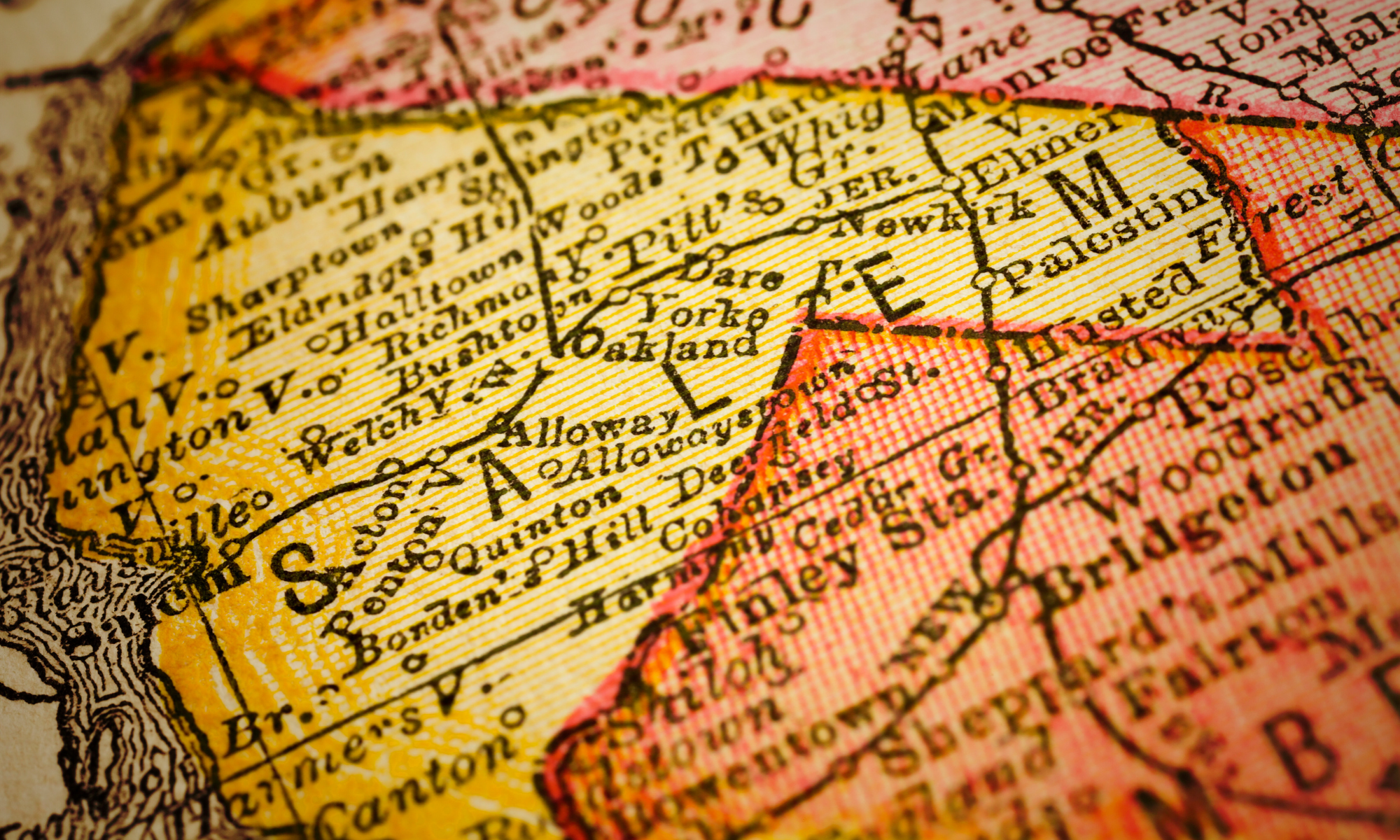Fact Checking the following article from the Gloucester County Historical Society.
- There is no evidence that Jacob Jennings is the nephew of Samuel Jennings. Henry Jennings and Samuel Jennings do not share a direct line.
- There is no evidence that Jacob Jennings was named Jacob Mark
- Jacob and Ann Albertson Hopkins had three sons, Joseph, Mark, and Job.
- Jacob and Mary Norris Smith had six children: Isaac, John, Judith, Jacob, Samuel, and James
- Jacob did not have a daughter named Sarah. Jacob did, however, have a sister named Sarah who married George Flannigan.
- Jacob’s son Jacob never married. Jacob’s son Mark married Mary Fleetwood.
- Mark and Mary Fleetwood had twelve children. The oldest son was named Jacob. He died at the age of six years. The third child and second son was named Mark. Mark lived to be seven years. The seventh child and fifth son was named Jacob Mark.
- Jacob Mark was the first time the combined name is documented.
- Jacob Mark and Emma Sickler named one son Jacob Mark
- Jacob Mark and Fannie Lynch named one son Jacob Mark III
- Jacob Mark and Ethel Sachleben named one son Jacob Mark IV
Gloucester County Historical Society
From Gloucester County Historical Society, Vol. 5, No. 6, Dec. 1956. Jacob Mark Jennings, the eldest of the family settling in Chestnut Ridge, was descended from Henry Jennings, reputed nephew of Samuel Jennings, ??? one of the early colonial governors of West New Jersey. (More likely cousin. Ed.) Jacob M. Jennings (first) purchased 312 acres of the tract later belonging to Randall Nicholson from John Jennings, May 8, 1797. the chain of title from John Jennings, who purchased the same April 19,1794, of Joseph Reeve, who obtained it by deed of Sheriff Thomas Denny, January 21, 1785, ran back through William Buzby, and his father Isaac Buxby, who had purchased the same in a larger tract conveyed by John
Stacy’s executors. Jacob M. Jennings owned the 102 acres comprising the later John Young place. It was then known as “Price’s farm”.
Jacob M. Jennings also owned the Peter Cheesman tract, which was later the James Robb place, and then his son Job Jennings, lived a few years later than 1800. Job emigrated to Ohio, and his dismissal from Woodbury Friends Meeting dated August 8, 1816, was “to Miamie MO. Meeting, in the state of Ohio”.
Jacob M. Jennings, who had married Ann Hopkins, widow of Ebenezer Hopkins, junior, in 1783, had two sons and one daughter, by his second marriage–Jacob Mark Jennings, (second), Job Jennings and Judith
Jennings. (Judith was from first marriage, Joseph from second. F.d.)
The first son remained on the old place at, Chestnut Ridge; the second emigrated to Ohio, and the daughter married and went to Bristol, Pennsylvania.
By his first wife, Mary Smith, whom he married in 1761, Jacob M. Jennings (first) had four sons, Joseph? Samuel, John and James, who emigrated to the west; another son, Isaac, who became a schoolteacher
in Philadelphia; and a daughter, Sarah, who married Patrick Flanagan. The father died in 1813, at Chestnut Ridge, where he made his home with his son Jacob. He devised the homestead here to his son Jacob, the later Robb place to his son Job.
The son Jacob married Mary Fleetwood, daughter of Richard L. and Catherine Flock Fleetwood, who had settled about a mile below Chestnut Ridge, on the western side of Scotland branch, in 1791, where the daughter Mary was born in 1793. Not liking the Chestnut Ridge farm, which he inherited
from his father, Jacob Mark Jennings (second) disposed of the place, removed to a point near Woodbury, and there continued farming until his decease, in 1833. His son, Jacob Mark Jennings (third) was then ten years of age. His widow, Mary Fleetwood Jennings, did not remarry but brought up her large family and was living until the latter part of 1856.
Jacob Mark Jennings, (3rd) made a “run-away match” when he was twenty years old his young bride, Emma C. Sickler, being sixteen years of age. She was a grand daughter of John Sickler, pioneer of Sicklerville. The young couple settled near Sicklerville and became the parents of a large family of children.
The Woodbury? Friends meeting minutes, under date of July 27, 1847, records that he was disowned for marrying outside of the denomination. Among their children is a son named Jacob ? Mark Jennings (fourth) who had a son Jacob Mark Jennings (fifth).
